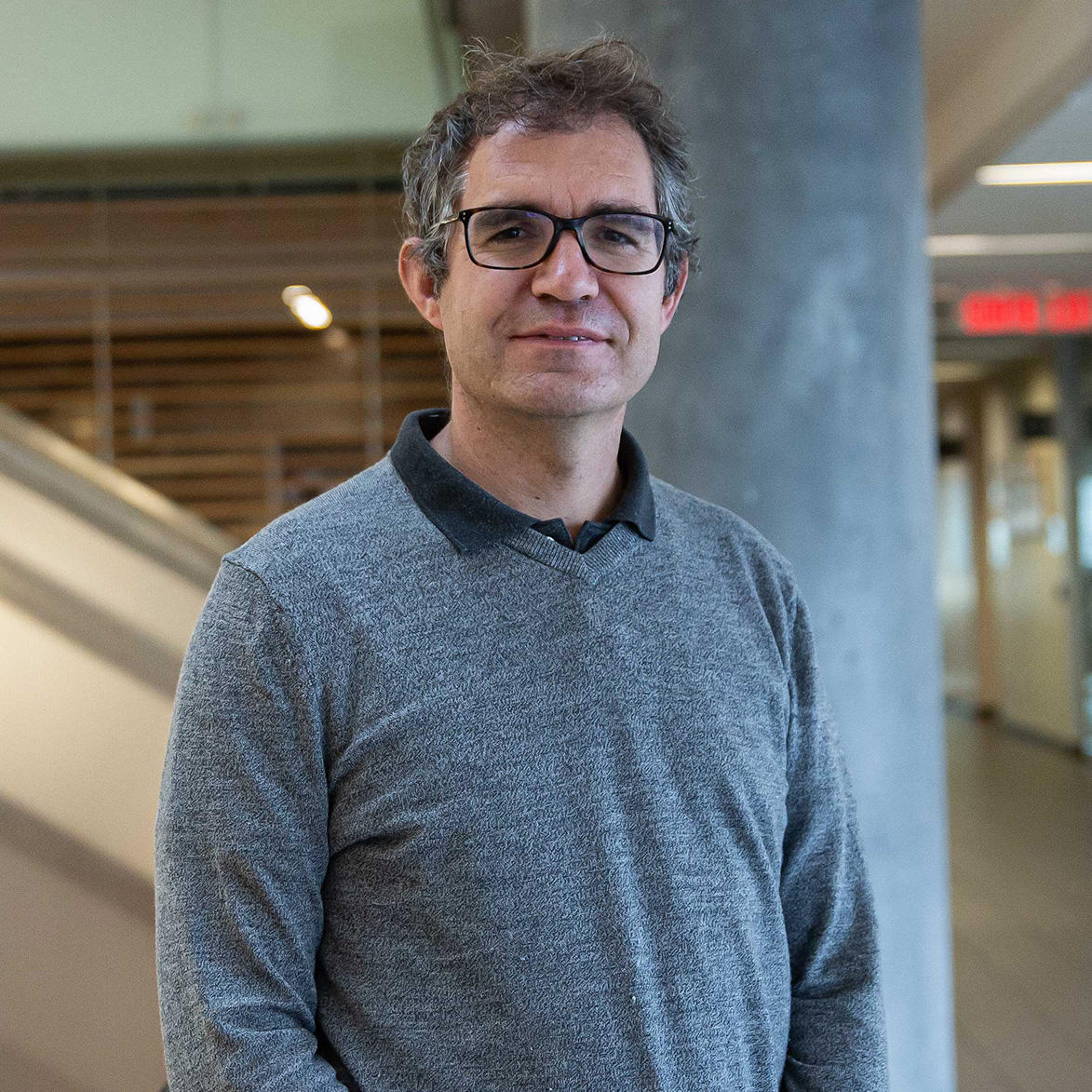Young people are among those most affected, and this demographic is increasingly disengaged from traditional political systems. Professor Daniel Stockemer, a political behavioralist at the University of Ottawa and holder of the Konrad Adenauer Research Chair in Empirical Democracy Studies, delves into these intersecting challenges. His research reveals how political alienation among youth and conspiracy beliefs destabilize societies and threaten the future of democracy.
The vicious cycle of youth underrepresentation and its broader impacts
Stockemer’s work highlights a startling disparity in political representation: individuals under 35 are underrepresented by a factor of 3-to-1 in legislatures and 10-to-1 in executive cabinet positions worldwide. Using data from the WARP (Worldwide Age Representation in Politics) dataset, he illustrates how this exclusion perpetuates what he calls a “vicious cycle” of disengagement. Low representation discourages young people from voting or running for office, further diminishing their political presence.
“Barriers to entry are both formal and informal,” Stockemer explains. Political parties often prioritize candidates with long-standing party experience or financial backing—areas where young people typically lag. Without targeted interventions, such as quotas for young candidates or term limits for long-serving officials, this cycle is unlikely to break.
The consequences of this disengagement go beyond representation. Disconnected from traditional political systems, many young people gravitate toward populist movements and alternative narratives, including conspiracy theories. Stockemer’s research suggests that political alienation increases susceptibility to misinformation, creating a direct link between youth underrepresentation and the rise of conspiracy beliefs. These dynamics underscore the need for holistic solutions that address both challenges simultaneously and that foster inclusion and rebuild trust in democratic systems.
Profiling the modern conspiracy theorist and believer
Through a groundbreaking survey conducted across eight countries—including Canada, Germany, and Brazil—Professor Stockemer investigates the profile of the prototypical conspiracy believer. His research reveals stark differences in the prevalence of conspiracy beliefs, particularly those related to climate change. In Canada, for instance, only 15% of the population believes that climate change is a hoax—a figure lower than that of Brazil and the U.S., where it reaches 25%, but higher than Germany’s 10%.
Stockemer identifies factors like far-right ideology, populist attitudes, and distrust in science as contributors to such beliefs. Surprisingly, young people are especially susceptible. “Youth today are socialized in a world that feels upside down,” he explains. Stockemer further notes that conspiracy theories develop as alternative explanations to often influential events. But the people who invent these conspiracies always have ulterior motives and goals, and target an adversary. In his view, political alienation, compounded by echo chambers on social media and a lack of conventional political socialization in family and university, makes youth particularly vulnerable to misinformation.
Building resilience: restoring trust in democracy
To counter the intertwined challenges of youth underrepresentation and the spread of conspiracy beliefs, Stockemer advocates for a multi-faceted approach:
- Government transparency: Open communication on critical issues—such as election interference or public health crises—helps rebuild trust among citizens and reduces the appeal of misinformation. Transparency is key to restoring confidence in institutions.
- Elite responsibility: Political and societal elites bear a moral obligation to prioritize truth, even when inconvenient. Stockemer stresses that “democracy is only as pure as the people who run it.” Ethical behaviour and a reduction in divisive populist rhetoric are essential for preventing further erosion of democratic values.
- Enhanced civic education: Education systems must equip young people with the tools to discern fact from fiction. Mandatory civic education, akin to foundational subjects like math, can foster critical thinking and media literacy. “We assume everyone needs basic numeracy,” Stockemer notes. “Why not the same for political literacy?”

“We assume everyone needs basic numeracy, Why not the same for political literacy?”
Daniel Stockemer
— Professor and Konrad Adenauer Research Chair in Empirical Democracy Studies.
As Stockemer moves into the next phase of his research, he seeks to connect the dots between youth political alienation, conspiracy beliefs and populism. This holistic perspective is critical for addressing these crises simultaneously. “Understanding these dynamics is crucial for strengthening democracy in the face of rising polarization,” he emphasizes.
Stockemer’s work is both a wake-up call and a blueprint for action. Conspiracy theories and youth underrepresentation are not isolated issues; rather, they are interconnected symptoms of deeper challenges. Addressing them requires systemic changes rooted in transparency, inclusivity and education.
Ultimately, Stockemer’s research underscores a fundamental truth: democracy thrives when all voices are heard, and when facts prevail over fiction. By tackling these pressing issues, he aims to safeguard democratic ideals and ensure their resilience against the growing threats of polarization and misinformation.


